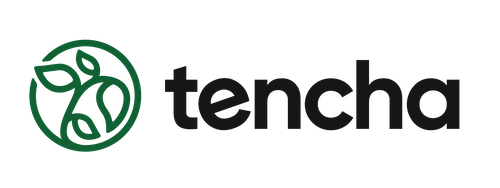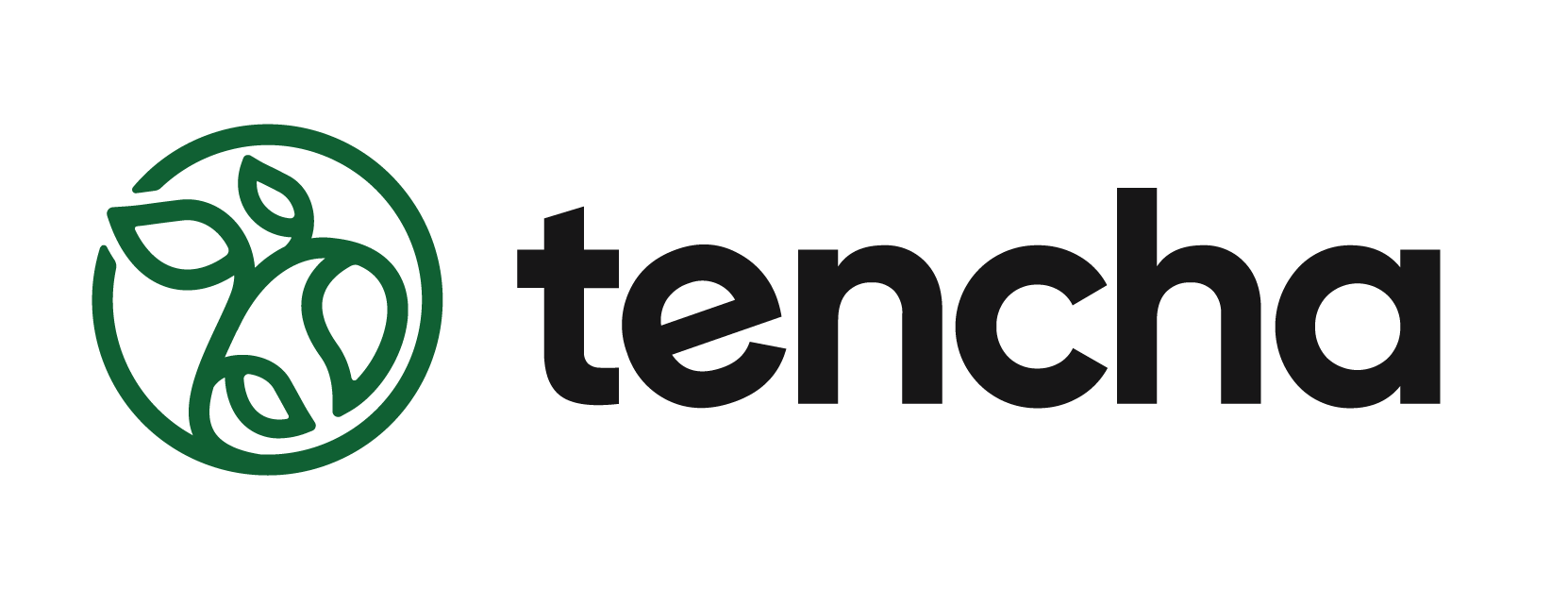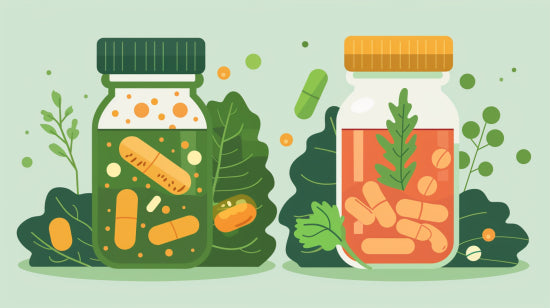A healthy vegetarian diet might seem daunting at first, but there is so much variety and the choices are endless.
Let's explore what a well-rounded and nutritious vegetarian protein diet might be.
What is a Healthy Vegetarian Protein Diet?
A vegetarian protein diet includes proteins that are derived from plants. There are many benefits to following a vegetarian protein diet.
For one, it is generally lower in calories and fat than a meat-based diet.
It can also help reduce your risk of certain chronic diseases, such as heart disease and obesity.
If you're thinking about following a vegetarian protein diet, there are a few things you should keep in mind.
Keep reading while we go over what you need to know about vegetarian protein diets, including some tips on how to make sure you're getting enough protein.
What are the benefits of a vegetarian protein diet?
Proteins are the nutrients that help your body to build and repair itself, so it's important to include them in your diet.
1. Lower risk of heart disease: A vegetarian protein diet is typically lower in saturated fats than a non-vegetarian diet, which can help to reduce your risk of developing heart disease.
2. Lower blood pressure: A vegetarian protein diet may help to lower your blood pressure, as it is often rich in potassium and magnesium – two minerals that are known to help regulate blood pressure.
3. Lower cholesterol levels: A vegetarian protein diet can also help to lower your cholesterol levels, as it is typically low in cholesterol-raising saturated fats.
4. Improved blood sugar control: If you have diabetes, following a vegetarian protein diet can help to improve your blood sugar control by ensuring that you eat plenty of high-fibre foods such as whole grains, fruits and vegetables.
A vegetarian protein diet is also rich in antioxidants and phytochemicals, which can help protect against disease and help you maintain a healthy weight. It can help improve the quality of your life by providing you with more energy and vitality.
What are some good sources of vegetarian protein?
There are many good sources of vegetarian protein, but the best sources are legumes, nuts, seeds, and soy products. Legumes are a great source of protein for vegetarians because they are high in fiber and low in fat. Nuts and seeds are also a good source of protein for vegetarians, and they are high in healthy fats. Soy products such as tofu and tempeh are also a good source of protein for vegetarians
How can I make sure I'm getting enough protein on a vegetarian diet?
A few ways to make sure you're consuming enough protein is to:
First, include a variety of protein-rich foods in your diet. As mentioned, some good sources of protein for vegetarians include beans, lentils, tofu, nuts, and seeds.
Second, make sure you're including at least some high-protein foods at each meal. For example, if you're having a bowl of cereal for breakfast, top it with some chopped nuts or seeds. For lunch or dinner, include a bean or lentil dish, or add some tofu to your vegetable stir-fry.
Each of these foods contain different types of protein that will help your body function optimally.
Third, if you're struggling to get enough protein from food alone, consider supplementing with a protein powder. There are many plant-based protein powders available on the market that can be easily added to smoothies or other drinks.
Finally, make sure you are getting enough calories overall. A vegetarian diet can sometimes be lower in calories than a non-vegetarian diet, so it is important to make sure you are getting enough food overall. Eating smaller meals more often throughout the day can help increase your calorie intake.
To get the basics straight....
A vegetarian protein diet can be a great way to get the nutrients your body needs without eating meat. There are a variety of vegetarian proteins to choose from, so you can find one that fits your taste and lifestyle. By including plenty of high-quality protein sources in your diet, you can ensure that you're getting all the nutrients you need while still reducing your calorie intake. If you're looking to improve your overall health or lose weight, a vegetarian protein diet can be a healthy and delicious option.





Leave a comment
This site is protected by hCaptcha and the hCaptcha Privacy Policy and Terms of Service apply.